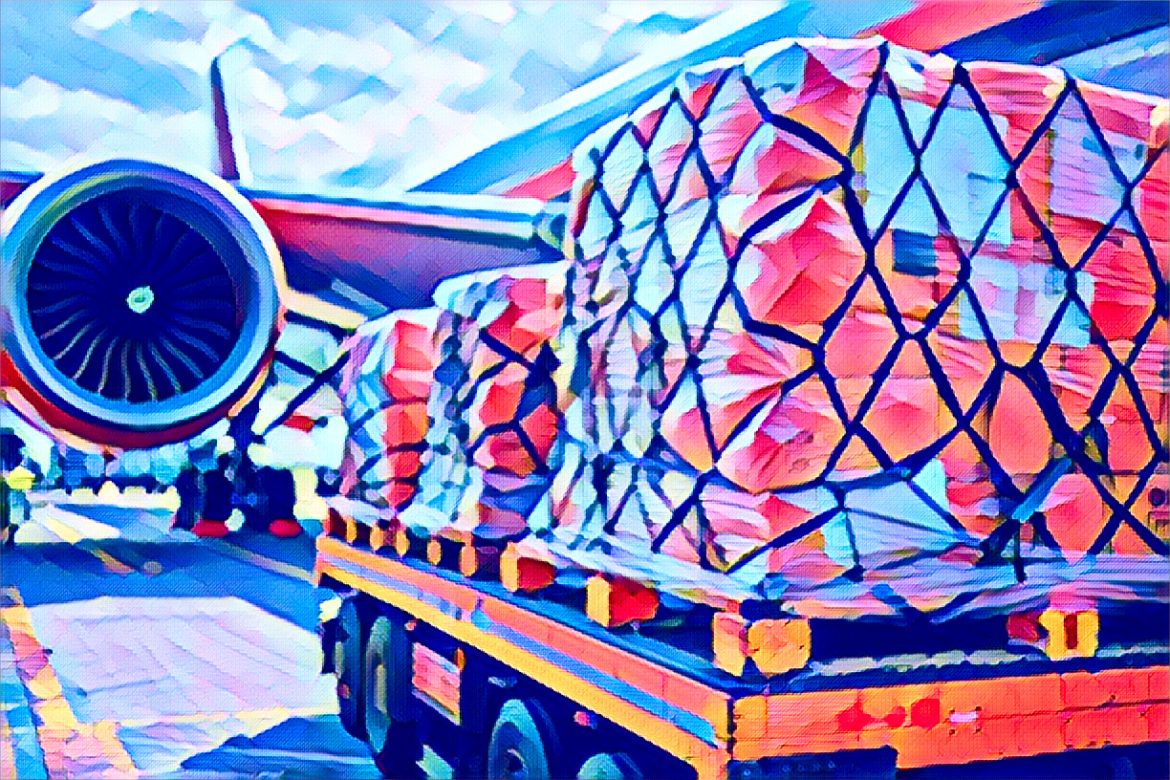Nigeria’s aviation sector is facing a significant bottleneck as a shortage of aircraft has led to mounting delays in cargo deliveries across the country. The disruption is causing widespread concern among businesses, as essential goods and products are stranded at airports, waiting for available flights.
The scarcity of cargo aircraft has exacerbated existing logistical challenges in Nigeria’s supply chain. With fewer planes in operation, airlines are struggling to meet the demand for air freight services, leading to a backlog of cargo that is growing by the day. This situation is particularly troubling for time-sensitive shipments, including perishable goods and critical medical supplies, which are at risk of spoiling or becoming obsolete before they reach their destinations.
Industry experts cite several factors contributing to the aircraft shortage. One of the primary reasons is the global demand for air cargo services, which has surged in the wake of the COVID-19 pandemic as businesses and consumers increasingly rely on air freight for international trade. This spike in demand has stretched the capacity of the global aviation industry, leaving countries like Nigeria facing a shortfall in available aircraft.
Additionally, maintenance issues and delays in the delivery of new aircraft have compounded the problem. Many airlines are operating aging fleets that require more frequent maintenance, leading to longer downtimes and reduced availability of cargo planes. The situation is further complicated by supply chain disruptions affecting the production and delivery of new aircraft, which are essential to expanding capacity.
The impact of these delays is being felt across various sectors of the Nigerian economy. Manufacturers and retailers are experiencing significant disruptions, as delayed shipments affect production schedules and inventory management. This, in turn, is leading to increased costs and potential losses as businesses scramble to find alternative logistics solutions.
The agriculture sector, in particular, is facing severe consequences, as delays in transporting perishable goods like fruits, vegetables, and seafood are leading to spoilage and wastage. This not only affects farmers and producers but also drives up prices for consumers, exacerbating food security concerns in the country.
To mitigate the impact of the aircraft shortage, some companies are exploring alternative transportation methods, such as road and sea freight. However, these options are often slower and less reliable, particularly in a country like Nigeria, where infrastructure challenges can further delay shipments.
The Nigerian government and aviation authorities are aware of the problem and are working to address the shortage. Efforts include exploring partnerships with international airlines to increase cargo capacity and fast-tracking the maintenance and acquisition of new aircraft. However, these measures are likely to take time, and in the meantime, businesses must navigate the ongoing disruptions.
As Nigeria’s economy continues to recover from the effects of the pandemic, resolving the aircraft shortage will be critical to ensuring the smooth flow of goods and services across the country. The aviation sector, which plays a vital role in connecting Nigeria to global markets, must find ways to increase capacity and improve reliability to meet the growing demand for air freight services.
Despite the current challenges, there is optimism that with strategic planning and investment, Nigeria’s aviation industry can overcome these hurdles and restore efficiency to the supply chain. The resolution of this issue is essential not only for the aviation sector but for the broader economy, as timely and reliable cargo delivery is crucial for economic growth and development.
Source: Business Day


